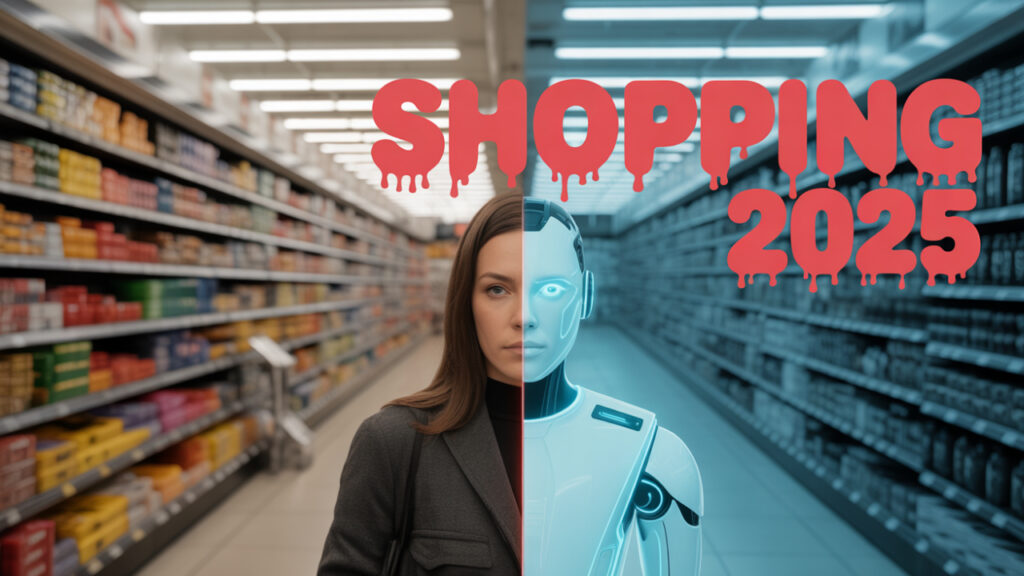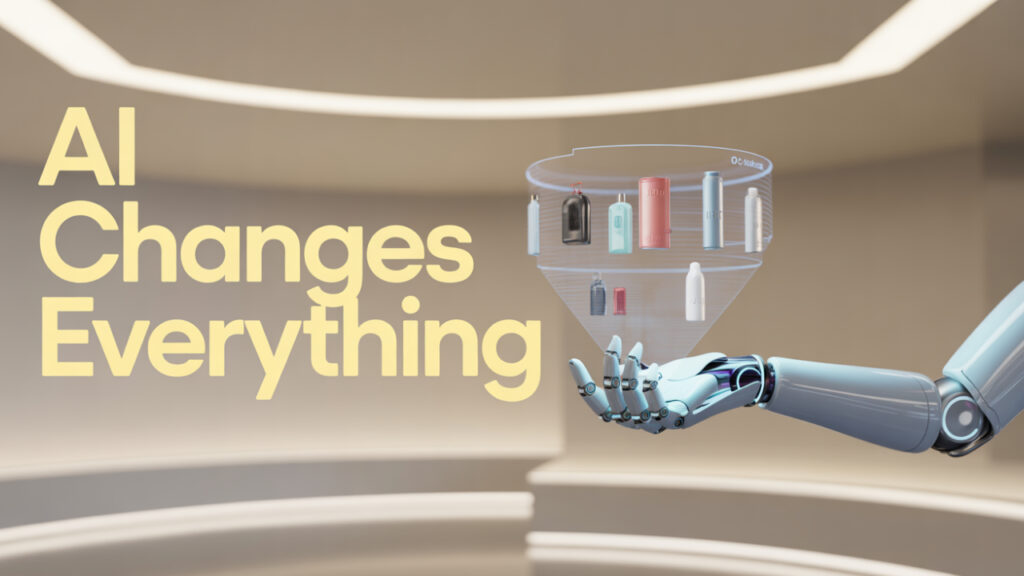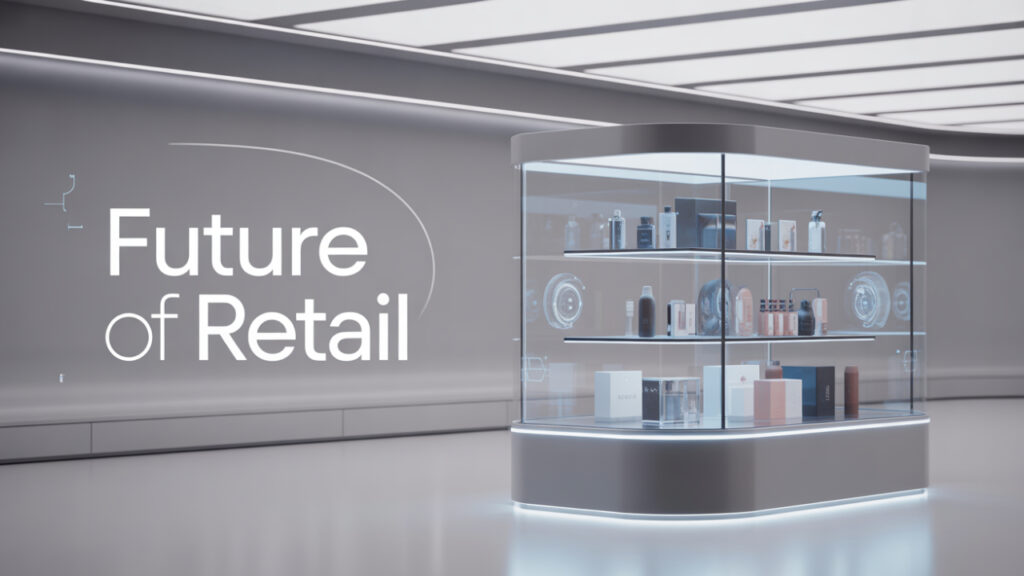How AI Is Changing Software Engineering in 2025
Introduction
Software engineering is experiencing one of the biggest paradigm shifts since the invention of high-level programming languages. In 2025, Artificial Intelligence is no longer a futuristic concept, but an integrated reality shaping every phase of the software development lifecycle.
From writing clean code to automating builds, from understanding legacy systems to managing infrastructure — AI tools are becoming embedded into the very fabric of modern software engineering.
In this article, we’ll explore how AI is changing software engineering, what that means for developers and teams, and how you can stay ahead of the curve. If you’re building software in 2025, understanding this transformation is critical to your growth and competitive edge.
✅ Related: Best AI Tools for Developers in 2025
✅ Also read: Top AI Development Tools for 2025
1. Code Generation Has Become Collaborative
AI has introduced a new era of pair programming with machines. Developers now routinely rely on AI models to:
Suggest function definitions based on comments
Generate boilerplate code (routes, handlers, CRUD operations)
Refactor existing code for performance or clarity
Autocomplete multi-line logic intelligently
Real-world Example:
Tools like GitHub Copilot X, Codeium, and Tabnine are assisting developers not just with code suggestions, but with entire workflows including test generation, docstrings, and project scaffolding.
Why It Matters:
This means engineers spend less time writing syntax and more time solving design-level problems.
2. Testing and QA Are Becoming AI-Driven
In traditional workflows, writing unit tests, integration tests, and end-to-end tests is time-consuming and often neglected. AI tools are transforming testing by:
Auto-generating test cases from functions or requirements
Predicting possible edge cases
Simulating user flows in real time
Running regression tests across CI pipelines
Leading AI Testing Tools:
Testim.io: Uses machine learning to build stable automated tests
Functionize: AI-based test automation platform for enterprise
Replit Ghostwriter: Now supports test code suggestions
Impact:
With AI assistance, even small teams can maintain a solid test coverage ratio, reduce bugs in production, and accelerate release cycles.
3. AI Is Refactoring and Reviewing Code
Modern AI tools now go beyond syntax checks. They:
Analyze code for design issues, anti-patterns, and inefficiencies
Provide pull request feedback in real time
Detect dead code and unused dependencies
Explain complex logic in plain English
Tools to Watch:
Sourcery: Refactors Python code for efficiency and clarity
Cody by Sourcegraph: Explains code and answers questions using repository context
DeepCode (by Snyk): AI-powered security-aware code review
These tools are reducing the burden of code reviews while increasing the maintainability and security of projects.
📖 Read more: Best Secure Coding Tools in 2025
4. DevOps and CI/CD Are Getting Smarter
AI is also revolutionizing DevOps by automating:
Build optimizations
Environment provisioning
Deployment strategies (e.g., blue-green or canary releases)
Monitoring and anomaly detection
Key Platforms:
Harness.io: AI-powered CI/CD platform that optimizes release strategies
AIOps tools: Tools like Dynatrace and Moogsoft use machine learning to predict outages and recommend fixes
With AI in DevOps, teams can focus more on product delivery and less on infrastructure firefighting.
5. Architecture Decisions Are Becoming Data-Driven
Architects now use AI to analyze historical system data and simulate architectural changes before implementation. This means:
Predicting bottlenecks under different load scenarios
Modeling distributed systems without writing code
Choosing the best language, database, or caching strategy based on historical performance
Benefits:
Reduced architectural debt
Faster design decisions
More resilient systems
6. Documentation Is No Longer a Bottleneck
Ask any developer — writing documentation is one of the most dreaded tasks. But AI is changing that by:
Auto-generating docstrings from code
Summarizing PRs in natural language
Generating entire README files
Creating user and API documentation
Tools That Help:
Mutable.ai
GitHub Copilot Docs
AskCodi Documentation Generator
These tools improve collaboration, especially in remote teams, by keeping documentation up to date automatically.
7. AI Chatbots Are Becoming Developer Assistants
In 2025, many developers interact with AI agents just like they would with teammates. These assistants help:
Understand legacy code
Explain unfamiliar libraries
Summarize bugs or logs
Guide new developers through onboarding
Some tools can even write commit messages, manage Git workflows, or handle routine administrative tasks within a team.
8. AI Is Democratizing Software Engineering
AI is enabling people from non-engineering backgrounds to participate in development. Tools now allow:
Non-coders to build websites and apps using natural language
Business analysts to query databases using AI
Designers to export Figma designs directly into clean code
This is a key shift in how product teams collaborate, breaking down silos and speeding up delivery.
9. Risks and Ethical Concerns
While AI brings many advantages, software engineers must also be aware of:
Bias in code generation: AI models can reinforce bad practices if trained on flawed data
Security issues: Auto-generated code may contain vulnerabilities
Over-reliance: Junior developers may skip learning fundamentals
Data privacy: Especially when using cloud-based AI assistants
Best practice is to treat AI as a tool, not a replacement. Use it to enhance productivity, not bypass responsibility.
10. The Road Ahead: What to Expect
Here are key predictions for the next 2–3 years in AI-assisted software engineering:
Project-aware AI copilots that understand full codebases and histories
Auto-generated MVPs from simple prompts (no need to start from scratch)
Voice-to-code systems for rapid prototyping
Real-time AI pair programmers that collaborate across IDEs and projects
Self-improving codebases where AI monitors, maintains, and optimizes code over time
Final Thoughts
AI is not replacing developers — it’s elevating them.
In 2025, successful software engineers are those who adapt and collaborate with AI. Whether you’re building an app, maintaining a legacy system, or scaling a startup, AI can enhance every layer of your workflow — if used wisely.
The future belongs to developers who not only write code but design intelligent systems that improve themselves.



